...oh.. and another thing...
If the image HAS had some complex retouching or processing done, how is the metadata useful?
Here's an image...
Here's the RAW metadata...
- 1/320th second
- 50mm
- f11
- ISO200
- Image Width - 7360
- Image Height - 4816
- Bits Per Sample - 16 16 16
- Compression - LZW
- Photometric Interpretation - RGB
- Make - NIKON CORPORATION
- Orientation - Horizontal (normal)
- Samples Per Pixel - 3
- X-Resolution - 240 dpi
- Y-Resolution - 240 dpi
- Planar Configuration - Chunky
- Software - Adobe Photoshop CC (Windows)
- Date and Time (Modified) - 2014:04:22 06:53:45
- Artist - David Gregory
- Copyright - Copyright 2014. All moral rights asserted.
- ISO Speed - 100
- Sensitivity Type - Recommended Exposure Index
- Exif Version - 0230
- Date and Time (Original) - 2014:04:21 09:54:30
- Date and Time (Digitized) - 2014:04:21 09:54:30
- Exposure Bias - 0 EV
- Max Aperture Value - 1.7
- Metering Mode - Multi-segment
- Light Source - Unknown
- Sub Sec Time Original - 80
- Sub Sec Time Digitized - 80
- Color Space - sRGB
- Focal Plane X-Resolution - 2048.402222
- Focal Plane Y-Resolution - 2048.402222
- Focal Plane Resolution Unit - cm
- Sensing Method - One-chip color area
- File Source - Digital Camera
- Scene Type - Directly photographed
- CFAPattern - [Red,Green][Green,Blue]
- Custom Rendered - Normal
- Exposure Mode - Manual
- White Balance - Auto
- Digital Zoom Ratio - 1
- Focal Length (35mm format) - 50 mm
- Scene Capture Type - Standard
- Gain Control - None
- Contrast - Normal
- Saturation - Normal
- Sharpness - Normal
- Subject Distance Range - Unknown
- Lens Info - 50mm f/1.8
- Lens Model - 50.0 mm f/1.8
- Compression - JPEG (old-style)
- Thumbnail Offset - 1186
- Thumbnail Length - 3060
- Coded Character Set - UTF8
- Application Record Version - 4
- By-line - David Gregory
- Date Created - 2014:04:21
- Time Created - 09:54:30+00:00
- Digital Creation Date - 2014:04:21
- Copyright Notice - Copyright 2014. All moral rights asserted.
- IPTCDigest - f9b5f0be0a55c1eed21750031ff3c1b4
- Displayed Units X - inches
- Displayed Units Y - inches
- Global Angle - 30
- Global Altitude - 30
- Photoshop Thumbnail - (Binary data 3060 bytes, use -b option to extract)
- Photoshop Quality - 11
- Photoshop Format - Standard
- Progressive Scans - 3 Scans
- XMPToolkit - Adobe XMP Core 5.5-c014 79.151481, 2013/03/13-12:09:15
- Format - image/jpeg
- Creator - David Gregory
- Rights - Copyright 2014. All moral rights asserted.
- Creator Tool - Adobe Photoshop CC (Windows)
- Metadata Date - 2014:04:22 06:53:45+01:00
- Lens ID - 176
- Image Number - 1452
- Approximate Focus Distance - 4294967295
- Color Mode - RGB
- ICCProfile Name - sRGB IEC61966-2.1
- Document Ancestors - xmp.did:c02f04b0-5339-7b45-a957-3a439af11211
- Document ID - xmp.did:f719ac58-45c3-f64a-9bf7-39e0e982b319
- Original Document ID - 5D9EA51428131291E812ABDFA8A815E5
- Instance ID - xmp.iid:ebd3532f-f1b6-cf4c-8706-92945e5dc594
- History Action - derived
- History Parameters - converted from image/x-nikon-nef to image/tiff, saved to new location
- History Instance ID - xmp.iid:c02f04b0-5339-7b45-a957-3a439af11211
- History When - 2014:04:21 15:37:05+01:00
- History Software Agent - Adobe Photoshop Lightroom 5.4 (Windows)
- History Changed - /
- Derived From Instance ID - xmp.iid:48c43cc5-19d0-5048-9fca-356d32136fdd
- Derived From Document ID - xmp.did:f719ac58-45c3-f64a-9bf7-39e0e982b319
- Derived From Original Document ID - 5D9EA51428131291E812ABDFA8A815E5
- Viewing Cond Illuminant - 19.6445 20.3718 16.8089
- Viewing Cond Surround - 3.92889 4.07439 3.36179
- Viewing Conditions Illuminant Type - D50
- Measurement Observer - CIE 1931
- Measurement Backing - 0 0 0
- Measurement Geometry - Unknown (0)
- Measurement Flare - 0.999%
- Measurement Illuminant - D65
- DCTEncode Version - 100
- APP14 Flags0 - [14]
- APP14 Flags1 - (none)
- Color Transform - YCbCr
- Camera ID - 72157629220286135
- Camera Type - Digital SLR
That all tells you exactly nothing, and does nothing to help you understand what I did.
It would not tell you how I lit and created this.. which is one exposure incidentally.
Or how even simple, bog standard commercial portraits like this were lit...
It would give no inkling into how I masked hair off to this standard in a composite...
Or even how to light for composite at all...
In fact... all it tells you is shutter, aperture, ISO, and whatever settings have been changed in Lightroom. Basic, basic stuff in other words... stuff you shoudl be learning through diligent practice, exploration and by making your own mistakes and fixing them.
I appreciate that this kind of commercial and advertising work is what most on here do, as most are amateurs, but even the kind of stuff you DO see a lot of, really.. what are you gaining by the metadata in this...
... all I can think of is what speeds show good prop movement. Why not just work that out for yourself? Other than that, what other useful information is there in there? If you copy my shutter speed, it's massively unlikely you'll be able to copy my ISO and aperture, so you'll still have to meter your own images to get them right. Why not just spend a little while at your local airport/field making this discovery for yourself? IT'S MORE FUN!... and you learn/remember better... and you're also out taking pictures.
Who gives a crap about metadata.. that's my take on this. Go and learn stuff through experimentation and practice instead of sitting on your ass at a computer. These days you can get instant results on your camera to test with. Back in my day, I had to wait for film to be processed to see if I'd got stuff right... you've no excuse... go outside and learn stuff once you're armed with a bit of knowledge.



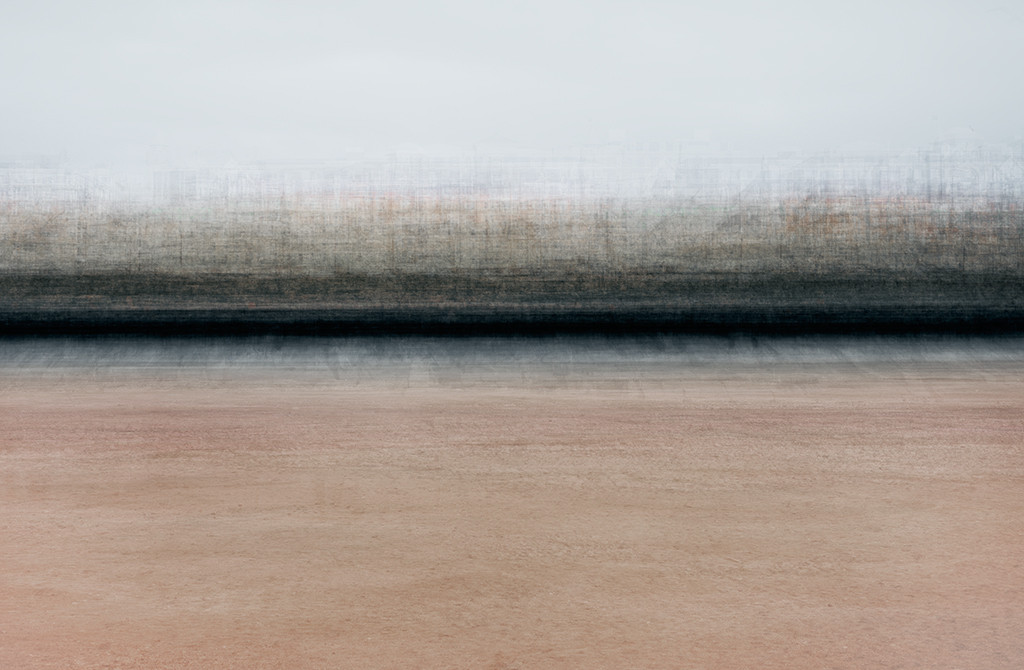
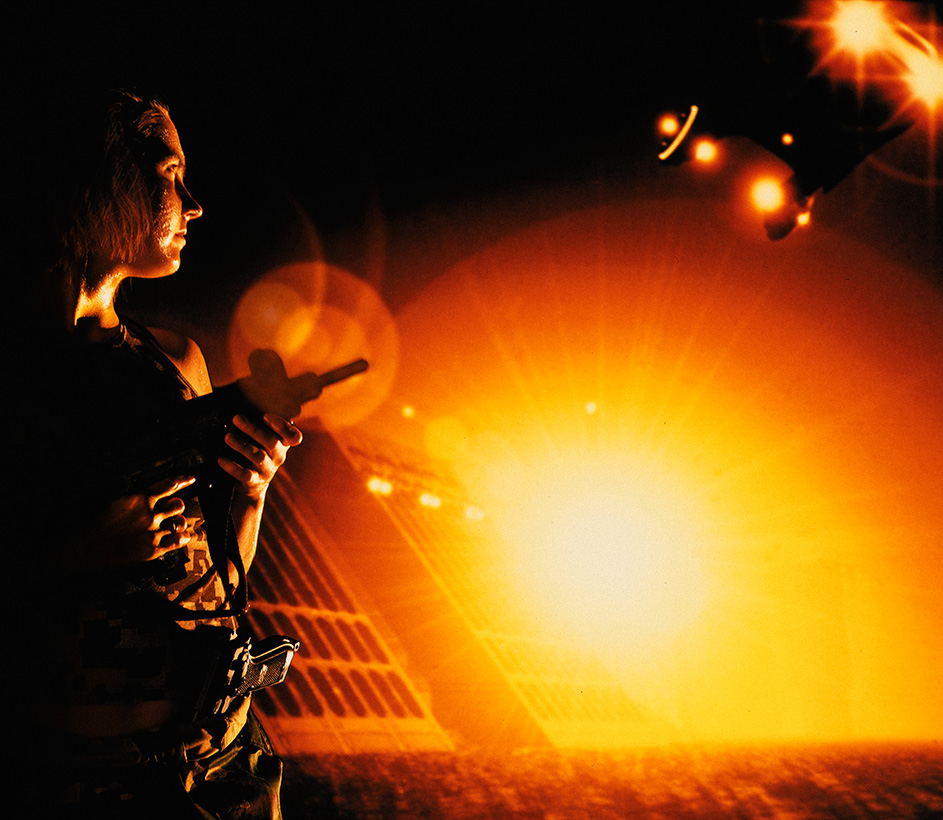
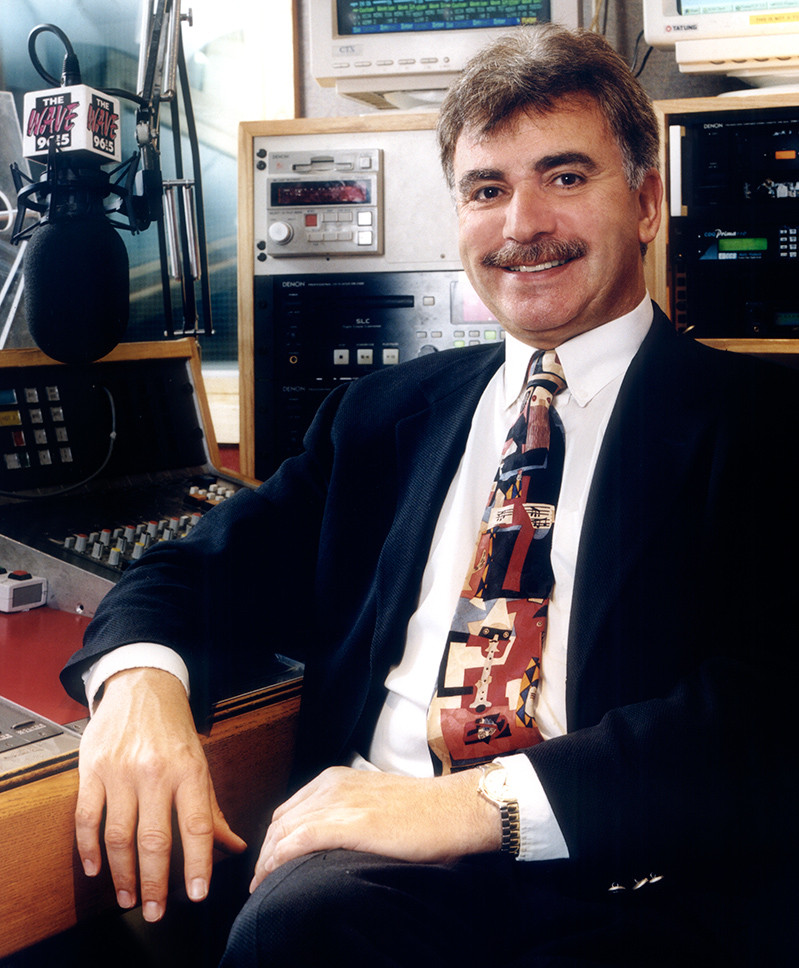
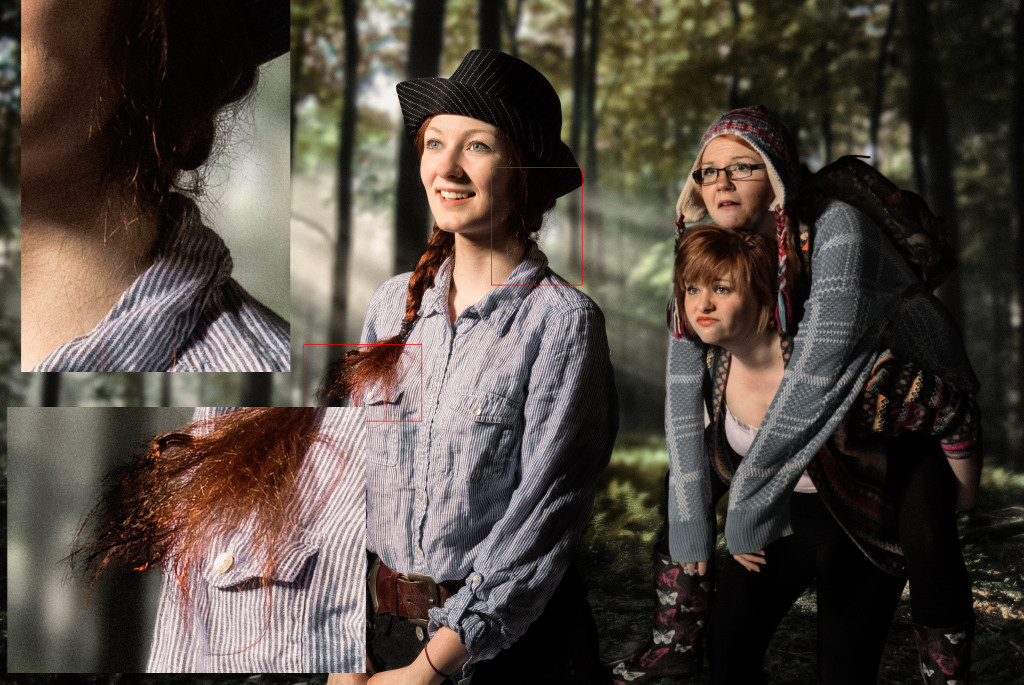
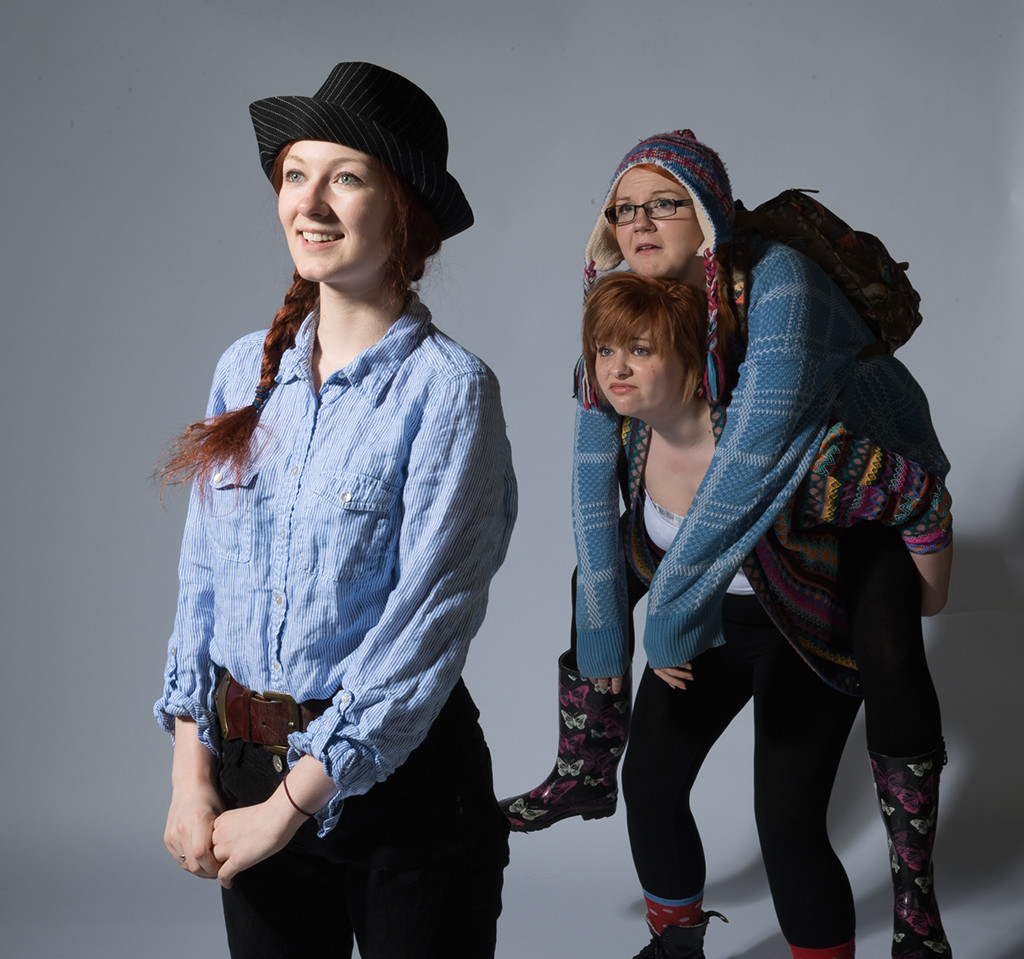
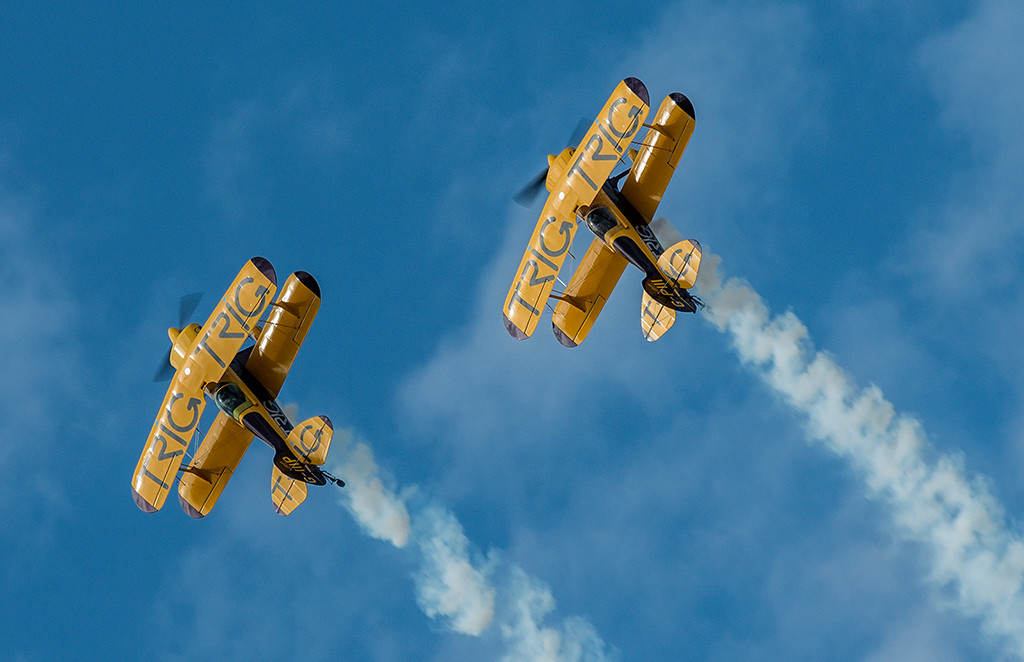
You'll get more useful info than snooping in his/her metadata.

.. which is obviously absurd.
